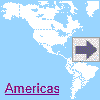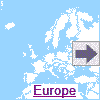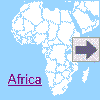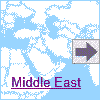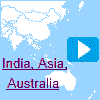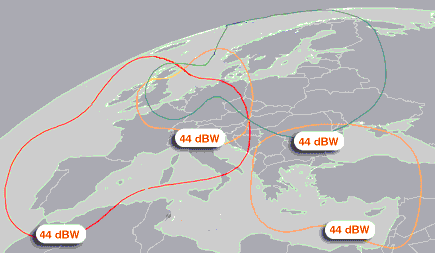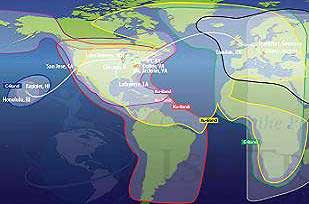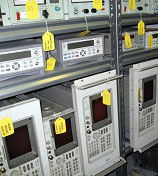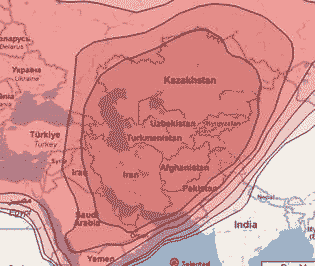Eastern Libya battles to reconnect with TV channels and phone networks
Posted by
world Jr at Friday, April 15, 2011
Apr 14, 2011 - BENGHAZI // Libyans are battling to rebuild communication and media networks to ease the isolation of the rebel-held east and counter the propaganda of Col Muammar Qaddafi's regime.
Two television stations have been set up, and a team of engineers and businessmen have taken control of part of a national mobile phone network shut down by the government in Tripoli after the uprising began two months ago.
The media projects are part of a broader effort by the Provisional National Council in Benghazi to establish itself as a fully functional and independent international player.
But the rebel-held territory has struggled to restore its communications with the outside world.
On Tuesday, Libyans and foreign workers crowded a cafe with a similar internet connection on the Benghazi corniche to call their families and friends abroad.
The lack of communication has also affected the military campaign. Rebel commanders are relying on unstable and insecure satellite and mobile phone networks. Their lack of a proper communications system has cost them in blood.
A Nato air strike that mistakenly hit a rebel tank convoy last week killing five fighters was likely the result of Col Qaddafi's penetration of the rebels' use of the satellite phone system, said Col Ahmed Bani, the rebel military spokesman.
He said the air strike happened because Col Qaddafi's forces called the rebel commander in charge of the tank column in the field posing as a superior officer and ordered him to advance westward.
"This led to Nato bombing the convoy," Mr Bani said. "Obtaining a proper communications system is a central pillar of our efforts."
"The origin of the mistake [is that] there were Qaddafi's supporters infiltrating the satellite phone network," he said.
Restoring communications for Libyans has been the focus of a project by a team of Libyan telecom experts and businessmen based in the UAE and the United States. They have worked for weeks along with engineers from the Benghazi branch of the largest national mobile phone company, Libyana, to create a system independent from Tripoli.
The team retook control of the phone system, said Mohammad Kamal al Darat, a 29-year old businessman based in the UAE, who is one of the men involved. Rebel officials in Benghazi the Qatar government also provided key help with the project.
Residents using the new network can call inside eastern Libya for free and without problems. They can now also receive phone calls from outside the country, but this service is still intermittent and the international network is very busy.
The same team worked on the establishment of a Libya English language television station, which aims to counter the media propaganda of the Qaddafi regime by offering a different picture of Libya to the outside world.
"We want to give an image of what exactly is happening in the country," said Anas, a 38-year-old Libyan-American, involved in the creation of the channel. Anas declined to give his last name for fear of repercussion against his relatives in Tripoli.
The channel will begin broadcasting online in about a week and on satellite in about six weeks, team members said. The team already purchased video equipment and editing software and recruited local and foreign staff. On Sunday, when an African Union delegation visited Benghazi, they had reporters on the ground covering the event.
Qatar also helped set up another TV station, Libya al Ahrar, or Free Libya, based in Doha and is now broadcasting a three-hour daily news programme on satellite with the help of a group of Libyan reporters on the ground in Benghazi.
The attempt to improve media and communications in the east come as the Provisional National Council hopes to improve its legitimacy on the international stage. Qatar, the first Arab country to recognise the Provisional National Council, recently signed a deal with the Benghazi-based government to market the oil produced in eastern Libya. The international sanctions imposed on Libya affected the export and import activities of the entire country.
Eastern Libya is now producing some food commodities - flower, pasta, rice - to sustain the basic needs of the population. It is harder though for Libyans to get dairy products, usually imported by the private sector.
Sanctions on international banking transactions have made it impossible for Libyan importers to make payments overseas. But the Provisional National Council is working "on some arrangements with the international community," said Abdallah Shamia, a rebel official on the economic and financial crisis team of the national council.
source: www.thenational.ae





